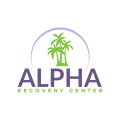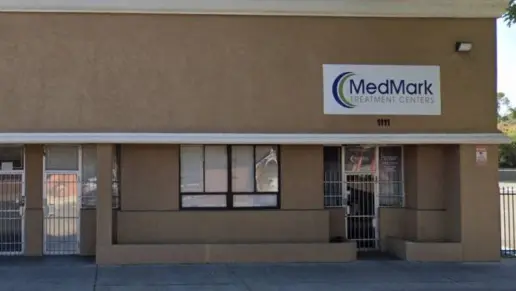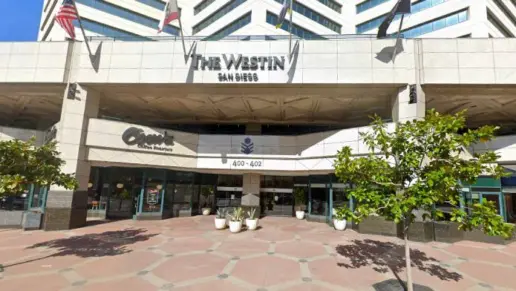About Inland Valley Recovery Services
Inland Valley Drug and Alcohol Recovery, in Upland, California, is an alcohol and drug rehab offering adult clients both outpatient treatment and residential treatment, with detox when needed. Treatment for co-occurring disorders is also provided. Clients may live with their infants or toddlers (ages 0-2) while in the residential facility.
For detox treatment, Inland Valley Drug and Alcohol Recovery uses the medication assisted treatment medications Suboxone and Vivitrol, as needed. Withdrawal treatment typically lasts 5-10 days.
Inland Valley’s residential treatment program provides 24 hour supervision, and daycare is available for children. After 45 to 60 days of residency, clients may accept outside work. There is no set length of residency. Treatment follows the Matrix Model of addiction therapy, delivered via structured programming in individual and group sessions.
Matrix Model addiction programming is also incorporated into Inland Valley’s outpatient program. Contingency management (positive reinforcement for desired behaviors; negative reinforcement for undesirable behaviors), 12 Step facilitation, motivational interviewing and family therapy are examples of techniques used. The outpatient program runs for 90 days. 12 Step programming is heavily stressed. Co-occurring disorder clients receive weekly psychiatric treatment reviews.
12 Step meetings and case management services are offered as aftercare services.
Inland Valley is in network with many major insurance companies including Aetna, Blue Cross, Cigna, Humana, Aetna and Health Net. Contact your insurance provider to verify your coverage, as out of network benefits often vary.
Latest Reviews
Rehab Score
Gallery
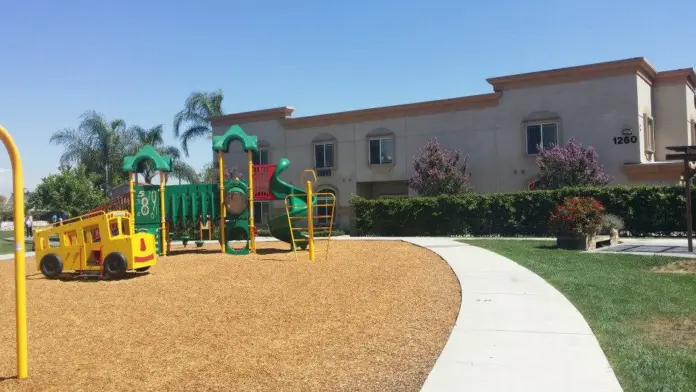
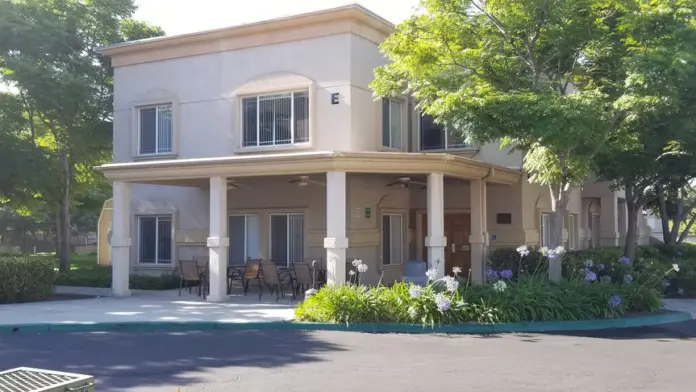
Location
Accepted Insurance

Other Forms of Payment
Private insurance refers to any kind of healthcare coverage that isn't from the state or federal government. This includes individual and family plans offered by an employer or purchased from the Insurance Marketplace. Every plan will have different requirements and out of pocket costs so be sure to get the full details before you start treatment.
Self-pay involves paying for treatment out of your own pocket. You can use savings or credit, get a personal loan, or receive help from family and friends to fund your treatment. If you don't have insurance or your insurance plan doesn't cover a specific program, self-pay can help ensure you still get the care you need.
Sliding scale payments are based on a client's income and family size. The goal is to make treatment affordable to everyone. By taking these factors into account, addiction recovery care providers help ensure that your treatment does not become a financial burden to you or your family, eliminating one barrier to care.
Addiction Treatments
Levels of Care
Treatments
The goal of treatment for alcoholism is abstinence. Those with poor social support, poor motivation, or psychiatric disorders tend to relapse within a few years of treatment. For these people, success is measured by longer periods of abstinence, reduced use of alcohol, better health, and improved social functioning. Recovery and Maintenance are usually based on 12 step programs and AA meetings.
Drug rehab in California teaches participants constructive ways to stay clean and sober. Treatment revolves around helping individuals stop using the substance they are addicted to and learn healthy habits to avoid relapse.
Many of those suffering from addiction also suffer from mental or emotional illnesses like schizophrenia, bipolar disorder, depression, or anxiety disorders. Rehab and other substance abuse facilities treating those with a dual diagnosis or co-occurring disorder administer psychiatric treatment to address the person's mental health issue in addition to drug and alcohol rehabilitation.
A combined mental health and substance abuse rehab has the staff and resources available to handle individuals with both mental health and substance abuse issues. It can be challenging to determine where a specific symptom stems from (a mental health issue or an issue related to substance abuse), so mental health and substance abuse professionals are helpful in detangling symptoms and keeping treatment on track.
Opioid rehabs specialize in supporting those recovering from opioid addiction. They treat those suffering from addiction to illegal opioids like heroin, as well as prescription drugs like oxycodone. These centers typically combine both physical as well as mental and emotional support to help stop addiction. Physical support often includes medical detox and subsequent medical support (including medication), and mental support includes in-depth therapy to address the underlying causes of addiction.
Programs


Clinical Services
Chemical dependency is often referred to as a Family Disease and can present unique problems within the family unit. It can and does envelop the entire family. Therefore, IVRS likes to include the family in the treatment process whenever possible. They also offer education classes to family members who would like to visit someone in our residential programs. Attendance at these classes help the visits to be constructive and safe for everyone and are designed to give you an idea of what to expect from a loved one in rehabilitation.
Group therapy is any therapeutic work that happens in a group (not one-on-one). There are a number of different group therapy modalities, including support groups, experiential therapy, psycho-education, and more. Group therapy involves treatment as well as processing interaction between group members.
In individual therapy, a patient meets one-on-one with a trained psychologist or counselor. Therapy is a pivotal part of effective substance abuse treatment, as it often covers root causes of addiction, including challenges faced by the patient in their social, family, and work/school life.
Trauma therapy addresses traumatic incidents from a client's past that are likely affecting their present-day experience. Trauma is often one of the primary triggers and potential causes of addiction, and can stem from child sexual abuse, domestic violence, having a parent with a mental illness, losing one or both parents at a young age, teenage or adult sexual assault, or any number of other factors. The purpose of trauma therapy is to allow a patient to process trauma and move through and past it, with the help of trained and compassionate mental health professionals.
Amenities
-
Private Setting
Accreditations

The Commission on Accreditation of Rehabilitation Facilities (CARF) is a non-profit organization that specifically accredits rehab organizations. Founded in 1966, CARF's, mission is to help service providers like rehab facilities maintain high standards of care.
CARF Accreditation: Yes

The National Association of Addiction Treatment Providers (NAATP) is a professional association that represents organizations in the field of addiction services. Founded in 1978, NAATP's mission is to advance addiction services and ensure that high-quality addiction treatment is available and accessible.
NAATP Member: Yes
Member ID: 261
Contact Information
1260 E Arrow Hwy
Upland, CA 91786







